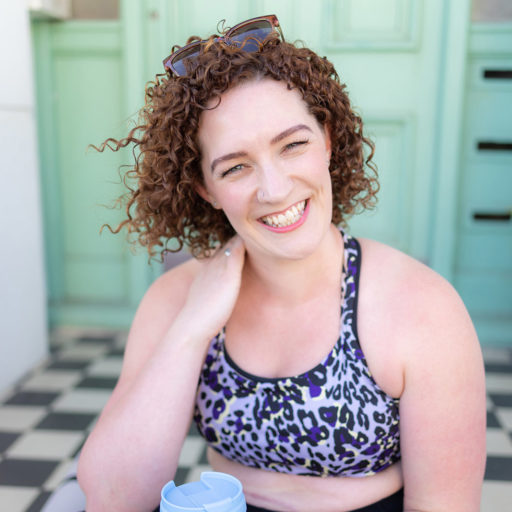At a Christmas party, I had a conversation about cancer survivor’s guilt. I know, festive.
I was sat next to someone who’s been through cancer treatment, we already knew this about each other. And among the buzz of a raucous party, we had a quiet and important chat. This person had recently struggled with their first post-diagnosis birthday, and hadn’t been able to talk about it with anyone close to them. Until they were sat next to me, that is.
What is survivor’s guilt?
In case you didn’t already know, one of the many common psychological impacts on cancer patients and survivors is a deep sense of guilt at still being alive when many of our peers have died. This can be particularly profound when we know someone younger than us who’s died, or if the person who’s died has had a significant number of unfulfilled dreams, especially when we might have accomplished these milestones ourselves.
It’s one of the mental health aspects that can impact you at any point – and also recur – during treatment or survivorship, and I think it’s one that you can be particularly unprepared for. Because, even when you’re given a “good” prognosis, such is the public understanding of cancer, that few of us take a breath during treatment, or the during the long road to remission.
There has currently been very little research done into survivor guilt, though some sources consider it to be similar to post-traumatic stress, and draw parallels between this condition and those who’ve experienced childhood trauma.
Lived experience of survivor guilt
When the guest next to me described how they’d felt about their birthday, I nodded my agreement and offered to share my perspective. I was diagnosed with a tumour in July 2018, had it surgically removed that October, then faced my birthday in March, by which time I’d also gone through a relationship breakup.
A lot had happened during the year since I’d turned 31, and I didn’t feel in any way prepared to turn 32 as a result. I couldn’t put my finger on it at the time, but I did know that I distinctly felt that I’d been robbed of a year, and I now wonder whether part of me wanted an impossible second chance at it in the hope that it could go better. Having a birthday meant accepting what had been, and moving forward towards what was still to come. And my faith in the latter was somewhat destroyed at that point.
Five years after the fact, I still vividly remember spending much of the day prior to my birthday sobbing, and telling a friend that I didn’t want to celebrate. “So don’t,” was her advice. Unfortunately, I didn’t feel that I could cancel the plans that I’d made – a spa day with my Mum – so doggedly ploughed through (as an aside: I was very grateful that I did when, the following year, my birthday fell three days into the very first COVID-induced lockdown – the universe definitely taught me a lesson there).
Advice to others on survivor’s guilt
I didn’t share all of this detail with the other party guest. Partly because I didn’t want to upset them further, and also because it wasn’t my time to tell my story, it was a scenario in which I was supposed to simply listen.
What I said when they’d finished giving their thoughts was this: survivor’s guilt is fucking awful. Spend long enough in the cancer community and people die around you. People survive too, but you notice them less, thanks to confirmation bias telling you that you’re the only super lucky one to have survived and that life has been unfair on your friends and disproportionately kind to you. That you don’t deserve to be the one left living. The resultant absences from death are what’s striking. At some point, you ask, “why them and not me?” and an existential crisis follows.
The secret to overcoming survivor’s guilt
The secret is that there is no reason you lived and someone else died. A lot of survival is dumb luck, and coming to terms with that is important. Those of us who are here today get to carry on living our lives for ourselves. It’s as simple as that.
Next year will be different, I told the guest. The ugly birthday is over, you made it through. Hopefully we get to celebrate the next one. If there’s a party and I’m invited, I look forward to being there and saying, “I told you so.” I hope that I get to go to yours too.
I’ll be 37 on 26th March. You bet your ass I’m celebrating loudly.
